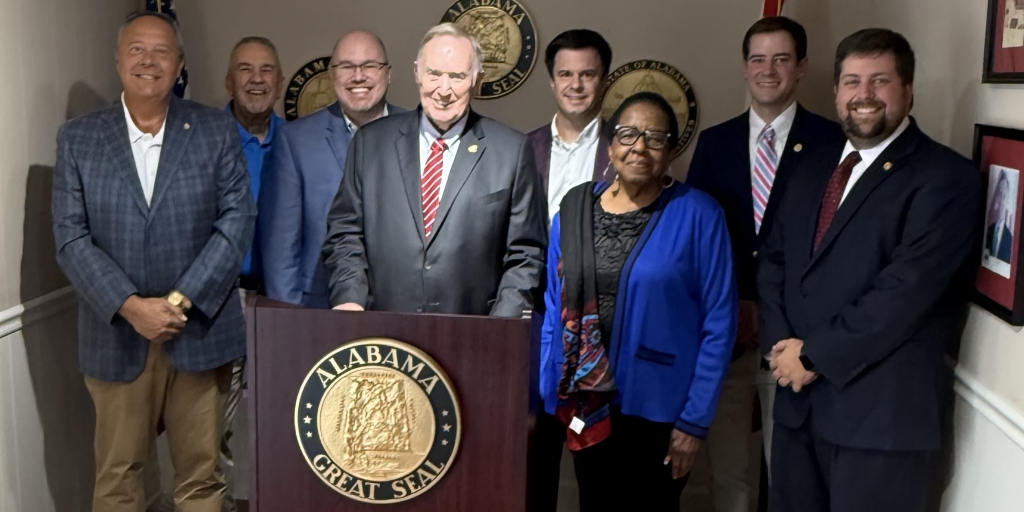The Paycheck Protection Program (PPP) is well on its way to relieving some of the pain small businesses have suffered during the COVID-19 shutdown.
The federal relief fund is finally getting money to the small businesses it was designed to assist, according to the National Federation of Independent Business (NFIB).
The results of NFIB’s most recent small business survey indicate that 61% of small businesses have now received funding under PPP. This is up significantly from 20% of small businesses reporting the same only two weeks prior.
Under PPP, eligible small businesses may receive relief funds through government-backed loans from banks and credit unions. PPP is administered through the Small Business Administration (SBA).
More than three-fourths of respondents to the NFIB survey said they have successfully submitted an application for a PPP loan.
Rosemary Elebash, Alabama state director for NFIB, believes this is only a beginning step for small business owners.
“One thing that’s clear is that our members understand that reopening will be a process with a whole other set of challenges,” she said.
Congress originally appropriated $350 billion to PPP. Those funds were depleted within days.
Under a second round of funding, Congress replenished the fund with $310 billion.
In a release on Monday, SBA stated that 26,724 loans had been issued in the state, totaling $1,420,911,674, as part of the second round. The average loan size in Alabama this round is $53,170.
RELATED: Dollar figures roll in for round 2 of Paycheck Protection Program for small business
“After the second round of funding, many more small businesses were able to apply and receive funding from these federal loan programs,” explained Holly Wade, NFIB director of research and policy analysis. “Now, business owners need guidance on how they can spend these funds in order for them to be forgiven.”
Loan forgiveness has become an issue for some small businesses. PPP loans are fully forgiven when 75% of the funds are used for payroll. The remaining 25% may be used for expenses such as rent, mortgages and utilities.
This formula has been problematic for small businesses in urban areas where rent can make up a large portion of expenses or in certain types of business, like restaurants, which have lower payrolls and higher facilities costs.
Labor Secretary Eugene Scalia came out on Tuesday and said small businesses should not expect flexibility in how they can spend PPP money.
“This program was designed as a Paycheck Protection Program,” Scalia told Fox News. “It was meant to help workers in substantial part. It won’t be all things to all people. The Treasury, the Fed have other programs that are also available to help small businesses.”
NFIB, on Monday, issued a statement saying it had petitioned the Treasury Department and SBA for additional guidance on loan forgiveness and had provided SBA with eight recommendations dealing with loan forgiveness.
The recommendations are as follows:
1. Eliminate the requirement to dedicate at least 75% of a PPP loan to payroll costs.
2. Eliminate the requirement to begin repayment of PPP loan within six months.
3. Eliminate the requirement to pay back unforgiven amounts of PPP loans in two years.
4. Eliminate prohibition on applying more than once for a PPP loan.
5. Do not apply penalties to small businesses for violations unless willful.
6. Eliminate unauthorized extensions of Treasury enforcement requirements.
7. Make clear the affiliation rules for section 501(c)(3) organizations.
8. Make findings necessary under the Administrative Procedure Act.
“The PPP program has been a life-line for many small business owners,” said Karen Harned, executive director of NFIB’s Small Business Legal Center. “Now more than ever, small businesses need flexibility on how these loans are used, forgiven, and repaid.”
Tim Howe is an owner of Yellowhammer Multimedia












